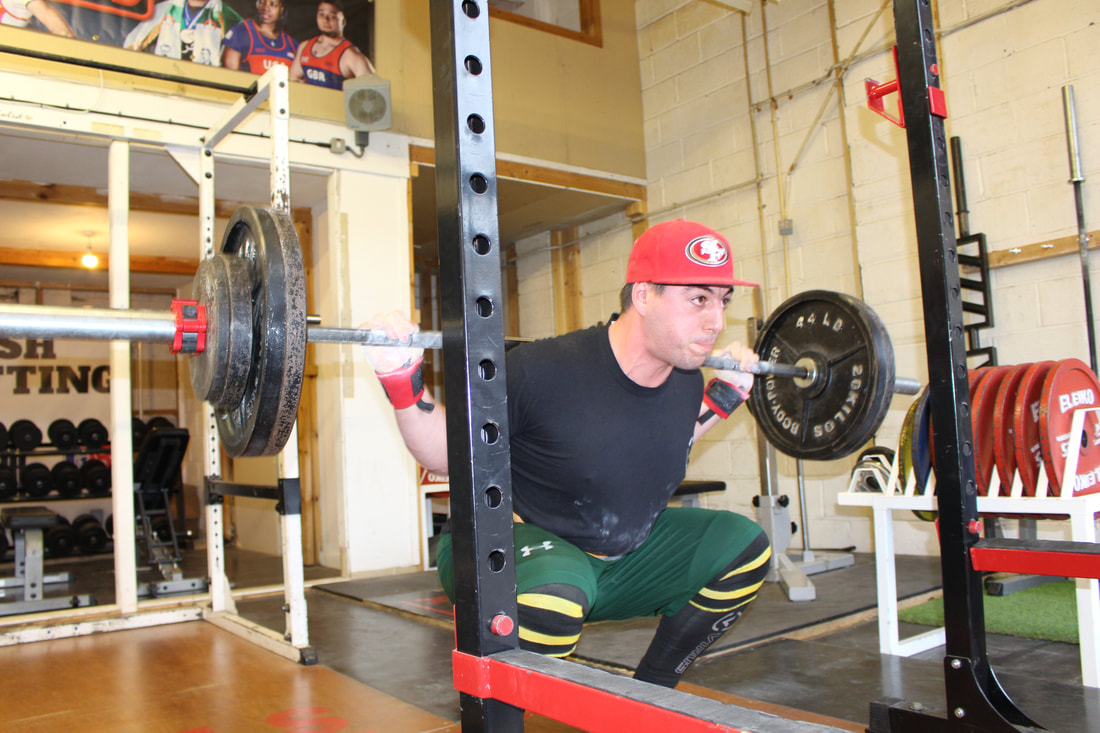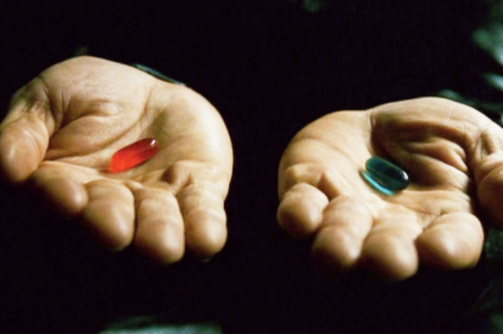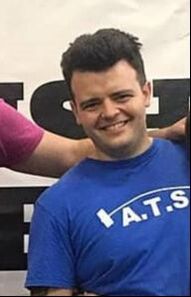The journey is the goalAs I have done before, here are the front loaded practical takeaways from this post:
In this blog post, I’m going to outline why goal setting alone isn’t the complete puzzle and how identifying meaningful personal values will make those difficult choices easier. I think getting into this stuff can hugely benefit people of all training experiences, whether that be a few months or a few decades. I’ll get into a brief definition of what I mean by process orientation, why you should care about it, talk about how to identify and weaponise personal values to direct you on the path and some of the discomforts that come along with it. Firstly let’s talk about the issue with goals. Goal setting is important. Having something to aim for not only facilitates structure but also gives our little monkey brains that sweet dopamine hit when accomplished. So yeah, goals are great - but what do you do when you get there? You’ve dropped the dress size, you’ve hit the PB lift, you’ve got the abs. Now what? This is where some people can struggle. They could go multiple different ways with their goals, all of which are appealing - so how do you choose? I realise being so in shape that your next goal isn’t obvious seems like a humble brag, but hanging all your hopes on a goal and then getting there and realising it hasn’t made you as happy or fulfilled as you thought it would, could be quite jarring. It isn’t hard to imagine how extreme and ultimately detrimental behaviors regarding getting as lean as possible, or as much muscle as possible ,are proliferated in this kind of thinking. Instead, we can move our thought process away from pure goals or target setting, and look more at the direction of travel, or process by which we achieve these goals. If we review the previous examples, it isn’t the goal itself that should bring about the sole reward, but the process itself. You drop the dress sizes, you feel great, you look amazing etc etc - all of the positive improvements gained were through the things you did in order to get to your goal. Exercising regularly, making healthier diet choices, making sure to get enough sleep where possible, drinking more water and less alcohol. Focusing on maintaining, or possibly still improving on these processes if there is room to, will get you even more of those positive outcomes. For another example, cause I know amateur athletes read these things. You win the championship, you lift the PB, you achieve your goal ranking. What did you do to get there? I imagine you and possibly your team made sure to make every practice, make every workout, adjust your diet and sleep to give the best performance outcomes you could fit into your schedule. The tale of the ‘One and Done’ is frequently told in sports. Athletes or teams that win it big once, then fade into mediocrity. The common thread you’ll find among those who consistently improve, and consistently win, is a focus on the process. I don’t know her personally, but I doubt Serena Williams does hardly any practice in between tournaments - I mean, she’s the best, why would she need to practice right? So, how does one build a process orientated mindset? Well, one way is to establish some meaningful personal values, some prime directives, and use them to drive your behaviours and choices. Let’s dig into some previous examples, and break down how you can seek out your own values. Firstly, let’s be our own annoying, introspective toddler. I want to squat 100kg, pretty common goal among gym-goers of either sex. Why? Because I want to be stronger than I am now Why? Because I don’t want to be weak? [There is no set path to these, everyone’s answers will be unique to them] Why? Because I want to be self-reliant, I want to be healthy, and robust. Why? Because I want to live as long a life as possible, and be as helpful to my friends and loved ones as I can. Why? Because being able to help my family and friends when they need help makes me feel happy and valued. A fair bit of a rollercoaster from just wanting to squat 100kgs in the gym, but it’s pretty easy to convince yourself to order another takeaway this week when the only thing you’ve got going is a number on a bar. Now you have something that means something to YOU, not to anyone else. It’s one intrinsic value that you yourself have defined, not your PT, not societal pressure, you. When you weigh up the small temporary pleasure from a takeaway, versus the bone-deep happiness and satisfaction of being able to help someone you love when they need it, it’s not even close anymore, is it? Again your values may differ. Having self-serving values does not make you a bad person. Recognition, respect, status, all of those things feature in the hierarchy of needs, and for most of us lucky enough to live in a developed country we already have the basics in place. Your meaningful value can be ‘to be the best at X’ because I want to be recognised for what I’m capable of, for what I can do at X. My last point regarding trying to manage your thinking around process orientation is that you’re going to experience discomfort if you do, and discomfort if you don’t. One key step is accepting this, and making room for that discomfort in your brain. In a fitness and sport context that could be things like: If you’re new to exercise it will feel uncomfortable, and you’ll likely not be very capable to start with.
In conclusion, establishing meaningful personal values for how you want to live will not only revamp your health and fitness journey, but as you become more familiar with the process and discomfort, you’ll likely see the same idea incredibly applicable to all aspects of life. For further reading on the theory side, explore ACT therapy or training. As always please let me know if you have any questions in the comments, or hit us up on social media.
0 Comments
Leave a Reply. |
Archives
March 2024
Categories
All
|
Proudly powered by Weebly





 RSS Feed
RSS Feed